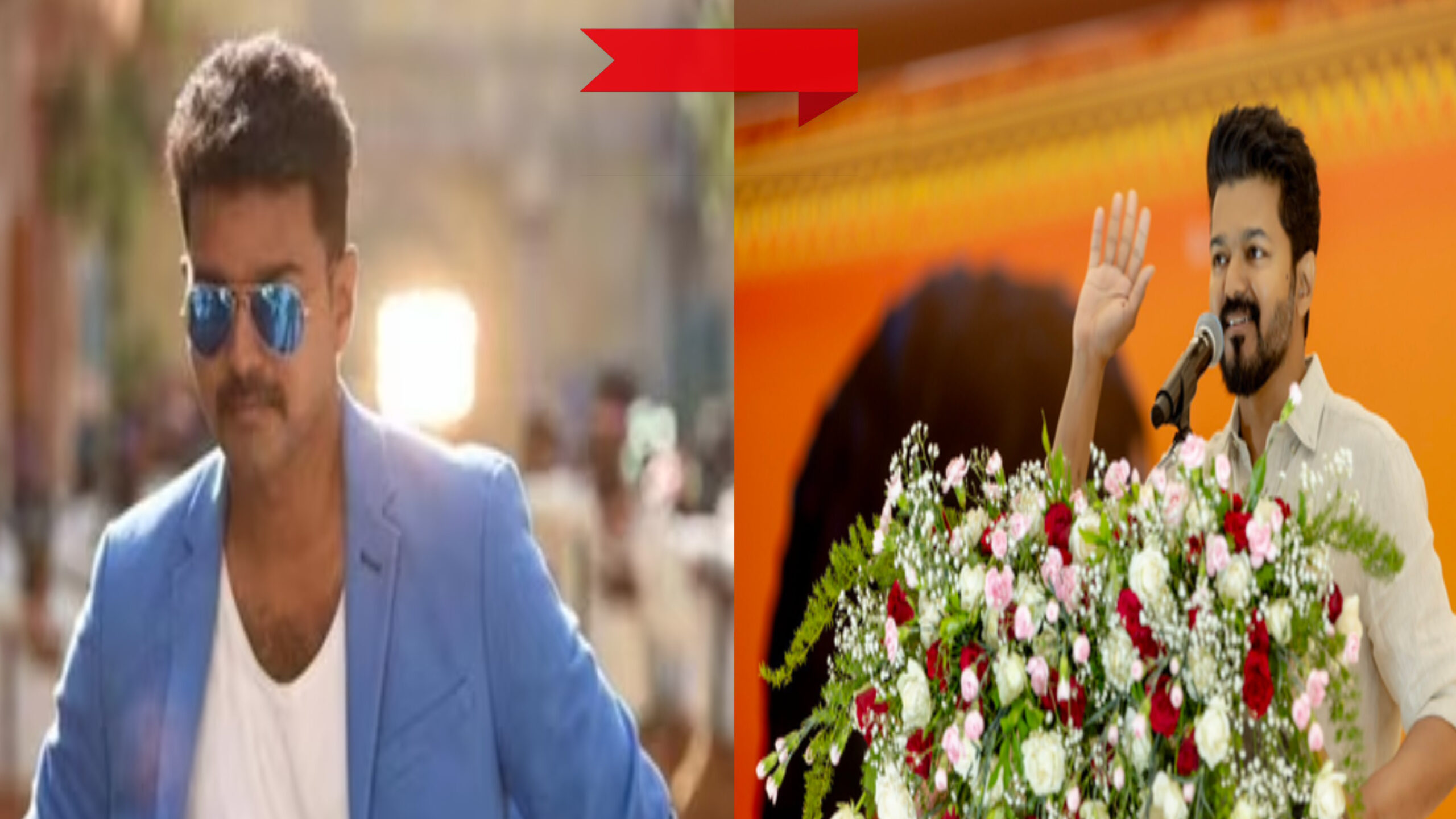In a significant development that intertwines the realms of Tamil cinema and politics, celebrated Tamil actor Joseph Vijay, widely hailed as ‘Thalapathy’ (Commander) Vijay, has formally announced his entry into the political arena with the launch of his own party, the ‘Tamizhaga Vetri Kazhagam’ (Victorious Tamil Association). This move comes amid swirling speculation and solidifies Vijay’s transition from a cinematic hero to a potential political leader.
The announcement, made through a statement released on Friday, positions ‘Tamizhaga Vetri Kazhagam’ as a new entrant in the state’s political landscape, although it specifies that the party will abstain from participating in the 2024 Lok Sabha elections. Instead, Vijay’s political outfit aims to make its electoral debut in the Tamil Nadu assembly elections slated for 2026, marking a strategic entry point for the newly formed party.
Vijay’s vision for his political venture is to establish a governance model that is free from corruption, progressive in nature, and staunchly secular, seeking to bridge divides across religion and caste which, according to him, are prevalent in the current political climate. His commitment to these ideals reflects a desire to foster unity and inclusiveness in the state’s governance, echoing the sentiments of many citizens yearning for change.
The actor’s foray into politics follows a well-trodden path by Tamil Nadu’s film personalities, who have historically had a significant impact on the state’s political scene. The lineage of actors turning politicians is illustrious, with two former chief ministers, MG Ramachandran (MGR) and J Jayalalithaa, having roots in the Tamil film industry. MGR, a beloved figure, not only had a successful film career but also founded the AIADMK, one of the state’s major political parties. Jayalalithaa, another towering figure in both cinema and politics, was a senior member of the AIADMK and served as chief minister for multiple terms. Another notable personality, M Karunanidhi, although primarily a screenwriter, played a pivotal role in Tamil politics as a senior leader of the DMK, the state’s current ruling party.
The legacy of film stars transitioning to political leaders continued with the late Vijayakanth, an actor who founded the DMDK and was known for his contributions both in cinema and politics. More recently, Kamal Haasan, another superstar of Tamil cinema, established the Makkal Needhi Maiam (MNK) in February 2018, further emphasizing the seamless blend between the film industry and political endeavors in Tamil Nadu.
‘Thalapathy’ Vijay’s entry into politics with the ‘Tamizhaga Vetri Kazhagam’ is poised to add a new dimension to Tamil Nadu’s political narrative. At 49, the actor brings with him a massive fan following and a reputation for integrity, both of which could play a crucial role in shaping his political journey. His stated goals of establishing a corruption-free, progressive, and secular government resonate with a broad section of society, potentially setting the stage for a new era in Tamil Nadu politics.
As Vijay prepares for this ambitious venture, the landscape of Tamil Nadu politics braces for the impact of his star power, vision, and the promise of a new political alternative. The coming years will reveal whether ‘Tamizhaga Vetri Kazhagam’ will emerge as a formidable force in the state’s political arena and if Vijay, much like his predecessors from the film industry, can translate his cinematic success into political victory. The anticipation around his political debut reflects the enduring connection between cinema and politics in Tamil Nadu, a dynamic that continues to shape the state’s identity and future.
This blending of cinematic charisma with political ambition is not just a testament to the personal aspirations of individuals like Vijay but also highlights the unique cultural fabric of Tamil Nadu, where cinema has long been intertwined with politics. The state has witnessed its screen heroes transform into political leaders, carrying with them the hopes and dreams of their legions of fans into the realm of governance and public service. This phenomenon underscores a deep-seated belief among the populace that the qualities admired in their film stars—charisma, empathy, and the ability to portray heroic ideals—can translate into effective and inspirational leadership in the political domain.
With the establishment of ‘Tamizhaga Vetri Kazhagam’, Vijay is not just stepping into the political arena; he is carrying forward a legacy that blends storytelling with statecraft, where narratives of heroism and virtue from the silver screen seek to find expression in the policies and progress of governance. His call for a corruption-free, progressive, and secular Tamil Nadu resonates with a populace that has long been disillusioned by traditional political rhetoric, seeking instead leaders who can embody the ideals they admire in their cinematic icons.
As Vijay embarks on this new chapter, the eyes of both his fans and political analysts will be on him, watching closely to see if he can harness his massive appeal and translate it into tangible political influence and reform. The journey from cinema to politics is fraught with challenges, but it also offers the potential for transformative leadership, especially in a state that venerates its film stars and expects them to be as heroic in real life as they are on screen.

